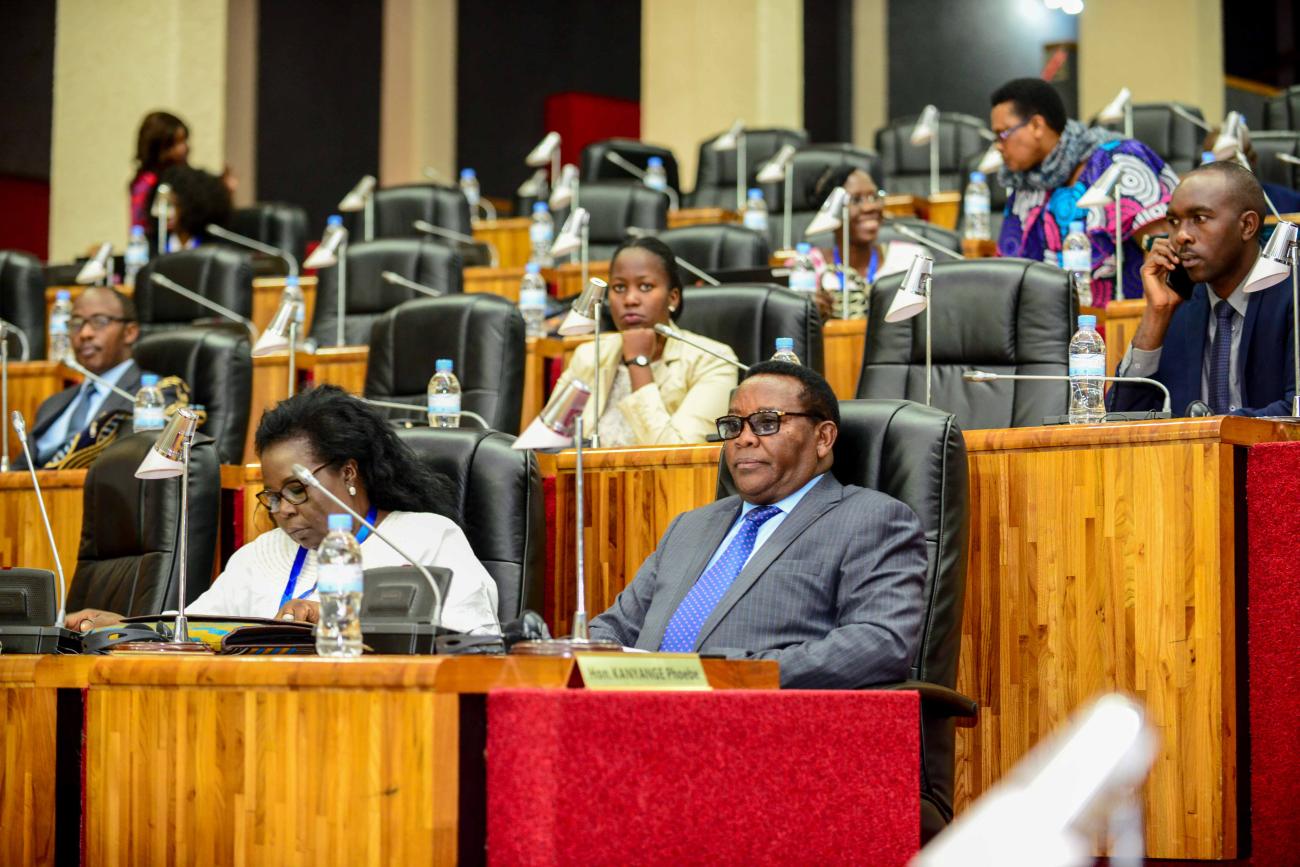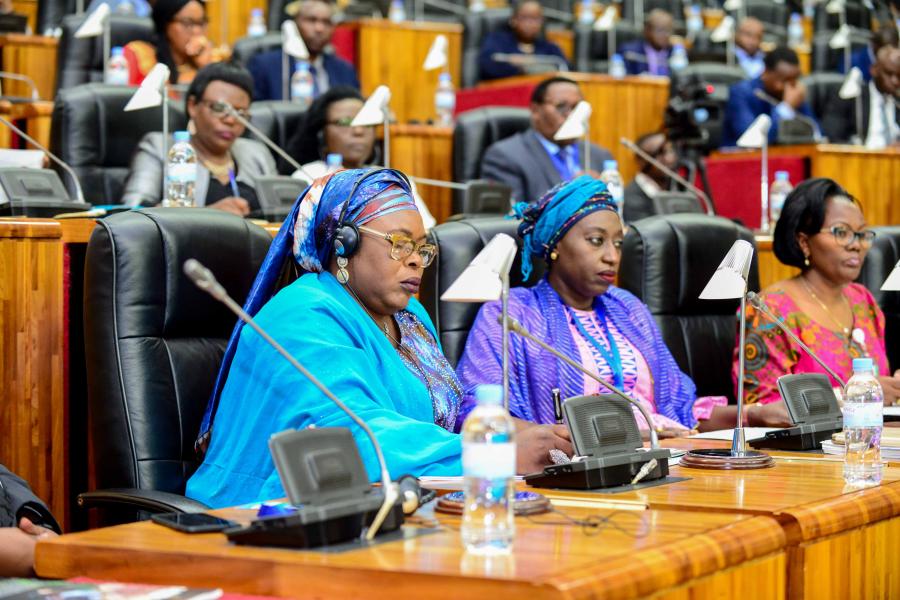African Parliamentarians push women empowerment for food security

Empowering women for food security and poverty reduction
Members of the Economic Community of West African States (ECOWAS) Parliament, the East African Legislative Assembly (EALA), and the Rwandan Parliament are meeting in Kigali, Rwanda from 16 -19 July 2019, for a weeklong learning exchange on mainstreaming gender into agriculture and strategies to improve food security. The exchange is also bringing civil society organization representatives, intergovernmental organizations, think tanks, and media together to expand its impact.
The learning exchange is an activity within the ECOWAS Network of Parliamentarians on Gender Equality and Investments in Agriculture and Food Security, launched in Abuja, Nigeria, in December 2018, with the support of the Food and Agriculture Organization of the United Nations (FAO), the International Institute for Sustainable Development (IISD), and Oxfam.
While public and private investment in the agricultural sector is a vital component to achieving sustainable development objectives, it must be done in a manner that is responsible and inclusive so as not to exacerbate or perpetuate existing inequalities. Especially it is important to ensure that there is an enabling environment that facilitates the effective participation of women, who make up nearly half of the African continent’s agricultural labour force, though they have yet to see the same level of benefits and opportunities as men.
“Women perform all kinds of tasks in rural settings and this contribution to the rural economy is often underestimated and not remunerated. They manage natural resources, adapted to climate change, and preserve biodiversity, while ensuring nutritional security and agricultural productivity,” said the Chairperson of the ECOWAS Network, Abdoulaye Villan, during the opening session.
The Speaker of Rwanda’s Chamber of Deputies, Hon. Donatille Mukabalisa, similarly stressed the role of all actors in the value chain for mainstreaming gender considerations into agriculture.
Given the targets set out under the UN’s Agenda 2030 and the African Union’s Agenda 2063, FAO Representative in Rwanda Gualbert Gbehounou reminded participants on Tuesday that more responsible and inclusive approaches to agricultural investment will be vital, as well as an overall increase in such funding.

“Worldwide additional investments of USD 265 billion per year are needed to achieve the targets of zero hunger and poverty, of which USD 140 billion should be committed to agriculture and rural development,” he said.
“One of the key roles of parliamentarians is to bring transformative change. This type of exchange is especially valuable because it brings representatives from national and regional parliaments together so that they can share what has and hasn’t worked in their contexts, ask questions to each other, and know that they have a platform for continued engagement as they work to advance policy changes at home,” said Francine Picard Mukazi, IISD Policy Advisor.
Oxfam Pan Africa Programme Gend and Justice Lead, Leah Mugehera reiterated the need for parliamentarians to be gender-conscious in all their engagements and maintained that gender is essential in all parliamentary functions.
The learning exchange will be followed by a high-level policy dialogue and two field visits to Rwandan cooperatives devoted to soya bean and coffee production, respectively. The objective of the week, and the network more broadly, is to ensure a productive forum for continued exchange across national and regional parliaments, as well as other stakeholder groups, to share examples of best legislative and regulatory practices and brainstorm new approaches that can be adapted to local circumstances and needs.




